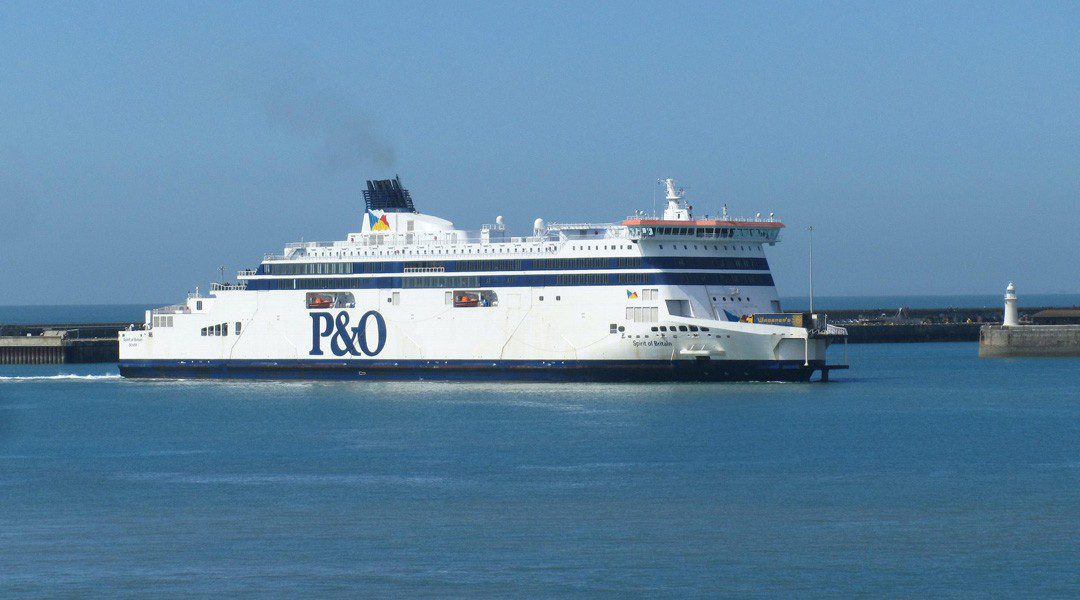Gard has reminded members that Paris and Tokyo MoUs will be beginning a three-month Concentrated Inspection Campaign (CIC) on the Standards of Training, Certification and Watchkeeping for Seafarers (the STCW Convention) on September 1st (See IMN, August 4th).
Gard noted that casualty investigations continued to indicate a clear link between fatigue and accidents at sea. Recent years had also seen a growing concern regarding the difficulties in implementing and enforcing provisions related to seafarers’ hours of work and rest, and fatigue. This year’s joint CIC by the Paris and Tokyo MoUs on Port State Control (PSC) will seek to raise the awareness of the requirements in the STCW Convention,and the Principles of Minimum Safe Manning.
Gard noted that ships should always be operated and maintained in such a way as to ensure good working conditions, safe operations, and smooth PSC inspections. However, targeted PSC inspections announced in advance, like the annual CICs, focus on specific areas where a higher risk of accidents /or non-compliance with international safety regulations could exist.
The CIC will run from September 1st to November 30th and will apply to all types of ships. It will aim to confirm that:
As always, inspections will be conducted in conjunction with the regular PSC inspection. However, a ship will be subject to only one inspection under this CIC during the period of the campaign. PSC officers will use a list of predefined questions during the CIC.
Most other MoUs, such as the Black Sea, Caribbean, Indian Ocean, Mediterranean, Riyadh, and Vina del Mar MoUs, are expected to join this CIC and use similar questionnaires during their inspections.
Gard strongly encouraged Members and clients to view this CIC as a reminder of the importance of ensuring seafarers are fit for duty and able to maintain safe levels of alertness and performance.
The insurer noted that, despite existing regulations, casualty investigations and research continued to show that there was a clear link between fatigue and accidents at sea. Fatigue affected a person’s physical, cognitive and behavioural performance. When fatigue impairment coincides with other risks in the environment, incidents could result.
In recent years there had been a growing concern regarding the difficulties in implementing and enforcing provisions related to seafarers’ hours of work and rest, and fatigue. According to a report submitted to the IMO in July 2021, many seafarers tended to hide working time violations which were caused by an imbalance between workload and manning levels. In order to avoid deficiencies and disruptions to vessel operations in relation to inspections or vetting, seafarers either underreport their work hours, or
adjust their /rest hour records, to facilitate compliance, the report said.
Gard concluded that “while it is not possible for ship operators to regulate and oversee the sleeping habits of every seafarer on every ship, they do need to recognize the dangers of fatigue and ensure that rest hours are not only a paper exercise”.





